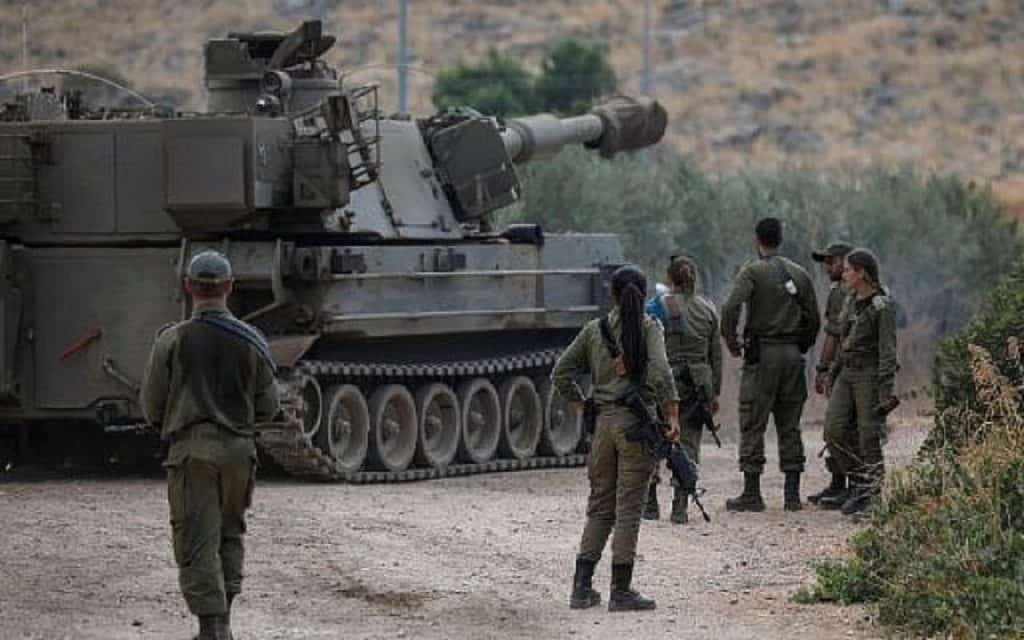By Denis Korkodinov
A full-scale war between Israel and Hezbollah is unlikely. None of the parties to the conflict, as well as the international community as a whole, are interested in the emergence of another hotbed of tension in the Middle East, where there are so many conflicts. In addition, Hezbollah is not a priority goal, since Iran remains the main threat to Tel Aviv.
The harsh militaristic rhetoric of Israeli Prime Minister Benjamin Netanyahu against Hezbollah and, in particular, his accusations that Hezbollah produces ballistic missiles in Lebanon, is one of the manifestations of the election process in Tel Aviv time.
As a result of the inability to form a coalition government and a series of social unrest caused by the conflict with ultraorthodoxes and representatives of the Ethiopian diaspora in Israel, the rating of the current prime minister of the country underwent sharply negative dynamics, which cast doubt on his political future. In this regard, it was necessary for Benjamin Netanyahu to distract the electorate through the formation of a stable public opinion about the external threat, which, in this case, became Hezbollah.
Meanwhile, the leader of the movement, Hassan Nasrallah, also receives a number of political advantages as a result of Israeli attacks. At least, Tel Aviv indirectly provided him with an excuse to mobilize its supporters and strengthen its regional influence as an implacable opponent of Zionism. In addition, the attack on Hezbollah’s facilities in Lebanon is a unique opportunity to search for new investors who could use their money to improve the financial situation of the movement.
However, Hassan Nasrallah is not ready to go to a serious aggravation of relations with Israel because of fears of significant losses in manpower and equipment. Meanwhile, all parties to the conflict are interested in maintaining the conflict in the state that is now, when it seems that in the coming hours (days, weeks) it will turn into a global war. This allows them to keep the international community in suspense and equally count on support from both those who do not want war and those who intend to unleash full-scale hostilities until the complete destruction of one of the parties to the confrontation.
In the end, the conflict between Israel and Hezbollah is quite appropriate to compare with the rates in the bookmaker. Before the start of the competition, players place bets on the defeat or on the victory of one or another participant. The tension intensifies when a signal sounds that “bets have been placed and there are no more bets”, and the participants start, bringing the audience to a state of ecstasy. However, the spectators’ interest drops dramatically when the competing parties reach the finish line.
The same thing happens in the militaristic debates surrounding Benjamin Netanyahu and Hassan Nasrallah: while they are playing with muscles and accusing each other of military aggression, they raise the interest of those who are ready to invest money and provide them with political privileges. However, if they deploy full-scale military operations, as a result of which, without fail, one of the parties will be the loser, interest in them will disappear sharply.
This is very well understood both in Israel and in the Hezbollah leadership, which do not intend to expose themselves to the risk of loss of interest from the international community.
(The views expressed in this article belong only to the author and do not necessarily reflect the views of World Geostrategic Insights)
Image Credit: JALAA MAREY /AFP







